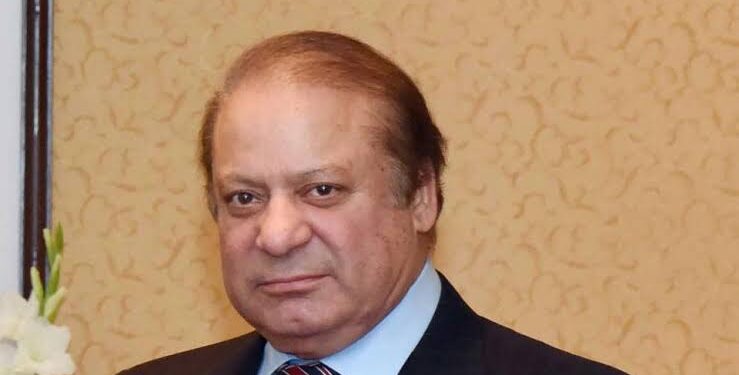In a startling revelation, a senior leader of Pakistan’s ruling PML-N party has claimed that former Prime Minister Nawaz Sharif personally supervised the planning of Pakistan’s military response to India during the recent four-day conflict.
Azma Bukhari, Punjab’s Information Minister, made the statement during a press conference on Wednesday, asserting that the entire operation was conceptualized under Nawaz Sharif’s direction. “He is not a leader of ‘a, b, c, d type’; his work speaks for itself,” she remarked, praising Sharif’s strategic role.
This admission comes just days after India and Pakistan agreed to a ceasefire, following intense cross-border exchanges that began with India’s ‘Operation Sindoor’ on May 7. The Indian strikes targeted terror infrastructure in Pakistan and Pakistan-occupied Kashmir, in retaliation for the deadly April 22 Pahalgam terror attack, which killed 26 civilians.
In the days that followed, Pakistan attempted retaliatory strikes on Indian military installations on May 8, 9, and 10, but failed to inflict significant damage, according to Indian officials.
Interestingly, despite his reported involvement in the military planning, Nawaz Sharif has continued to present himself as a proponent of diplomacy. On social media platform X, he posted, “Pakistan is a peace-loving country and prefers peace, but also knows how to defend itself.”
Sharif, who served three terms as Prime Minister and led Pakistan during the 1999 Kargil War, congratulated the Pakistani leadership following the ceasefire agreement. He acknowledged the efforts of Prime Minister Shahbaz Sharif, Army Chief General Asim Munir, Air Chief Marshal Zaheer Sindhu, and the armed forces for their roles in the conflict.
This latest development adds a political twist to the military standoff, raising questions about civilian-military coordination in Pakistan and Sharif’s continued influence on national security matters.





























